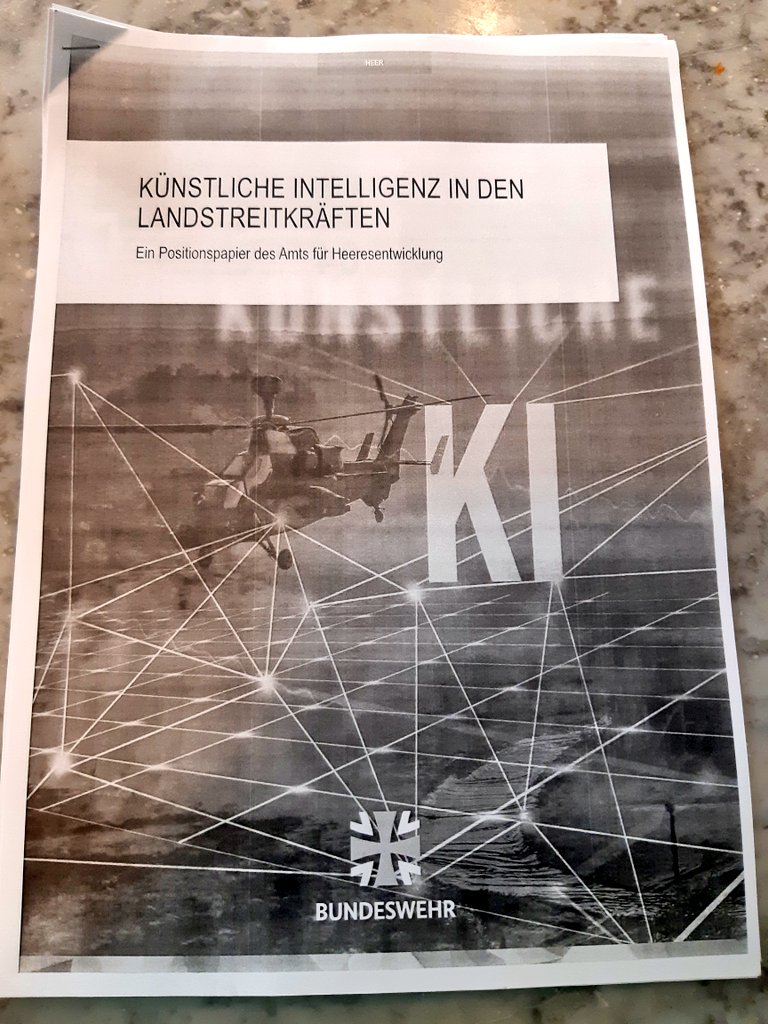
Good @POLITICOEurope article this morning on "strategic autonomy"(these days more often 'strategic sovereigtny')
politico.eu/article/europe…
politico.eu/article/europe…
I agree that the term is (deliberately) vague - from the 'European Army' to 'Brexit', the EU has always used vague terms which allowed countries with different views to rally behind them.
(I wrote about this here:
ecfr.eu/article/commen…)
(I wrote about this here:
ecfr.eu/article/commen…)

But I think the authors miss an important point when they describe European autonomy just as "inward-looking".
Because I have observed an important uptick of debate about the geopolitics of Europe exactly because of the autonomy/sovereignty discussion.
Because I have observed an important uptick of debate about the geopolitics of Europe exactly because of the autonomy/sovereignty discussion.
Because in order to be autonomous or sovereign, you need to think about your capabilities and where you want to be in 5 or 10 years time. You need to think about the strength you want, and where to work with allies. You understand yourself as part of a global system.
So I'd argue that - perhaps somewhat counterintuitively - 'European strategic autonomy' is actually leading to more thinking about Europe's role in the world and its geopolitical power.
What that debate will lead to practically remains to be seen.
What that debate will lead to practically remains to be seen.
• • •
Missing some Tweet in this thread? You can try to
force a refresh





